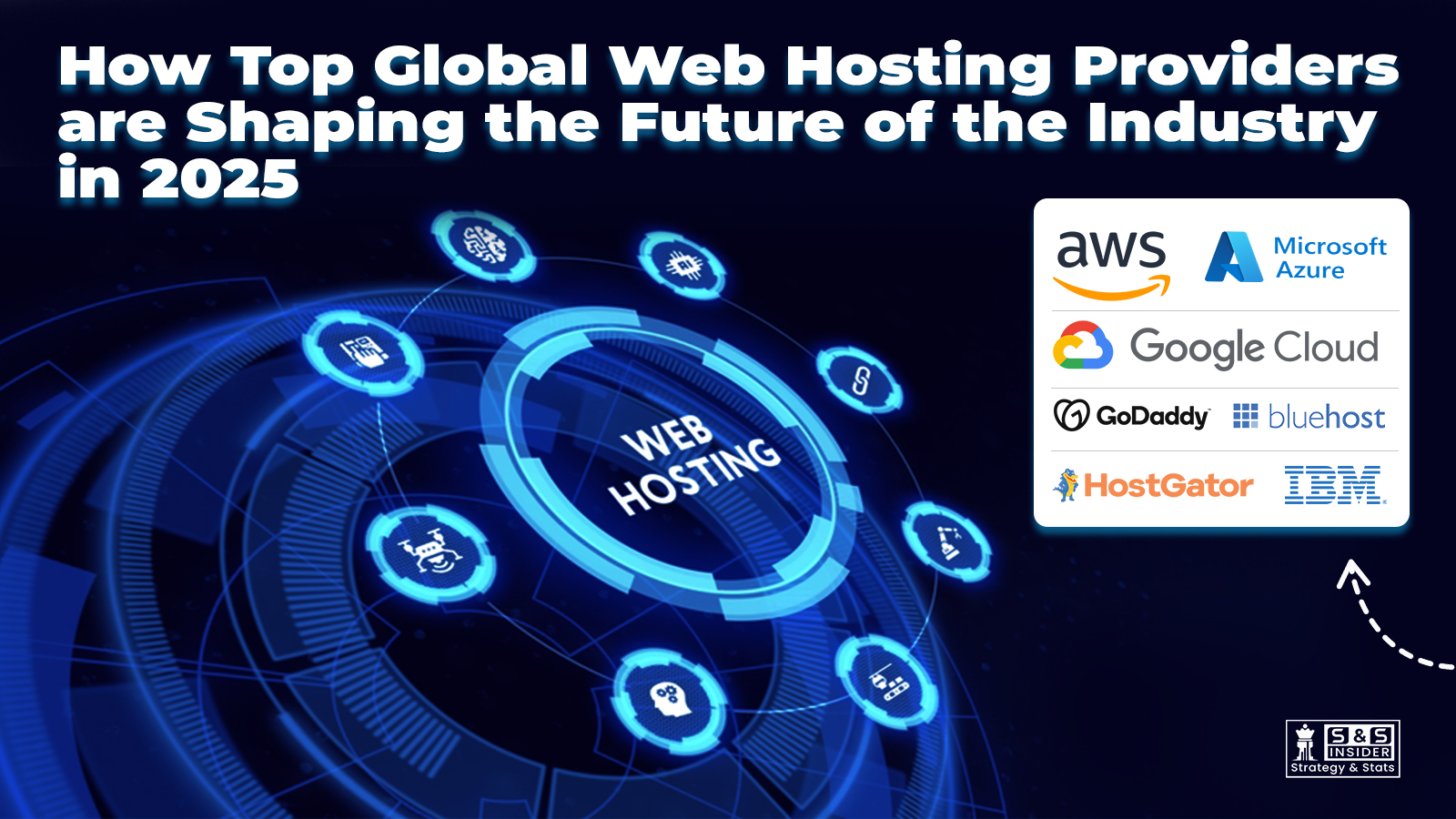
In 2025, the web hosting market is changing quickly due to new technology and consumer needs. As it provides high-performance, optimized hosting environments, managed WordPress hosting is becoming more and more popular. Because they are more affordable and scalable than shared hosting, virtual private servers, or VPS, have gained popularity.
By automating server management, saving resources, boosting security, and utilizing intelligent chatbots to improve customer service, artificial intelligence (AI) is revolutionizing web hosting. Better performance, uptime, and lower maintenance costs result from this.
The use of multi-cloud and hybrid web hosting service models is increasing since they enable companies to mix cloud providers for cost-effective flexibility and redundancy. Organizations can spread their workloads across several cloud platforms to reduce reliance on a single supplier, improving reliability and providing better alternatives for disaster recovery. By matching workloads to the best cloud environment, this method facilitates more economical deployment.
By putting data centers closer to users to cut down on latency, edge computing is also becoming more prevalent in web hosting services. This closeness enhances the user experience overall and is essential for performance-sensitive applications like streaming and real-time interactive services. Businesses may design web hosting systems that are more scalable, effective, and robust by combining multi-cloud, hybrid, and edge computing technologies.
Following are the leading providers of web hosting services across the globe:
For cloud computing, Amazon Web Services (AWS) provides Lightsail and Amazon EC2. Scalable, secure virtual servers with adaptable configurations for big data, analytics, and business workloads are provided by EC2. With its user-friendly VPS instances, predictable pricing, predefined application stacks, managed databases, containers, load balancing, and interaction with AWS services, Lightsail makes cloud hosting simple. Lightsail is best suited for tiny applications and rapid setups without complicated infrastructure, making it perfect for developers and startups, whereas EC2 is best suited for big deployments that demand complete control and flexibility. Both make use of AWS's worldwide infrastructure, dependability, and security.
For cloud purposes, Microsoft Azure offers App Service and Virtual Machines. Azure virtual machines (VMs) provide scalable infrastructure for a range of enterprise applications and operating systems. With integrated versioning, security, and diagnostics, Azure App Service provides a fully managed platform for creating, launching, and growing web applications in many languages. Azure offers enterprise-grade security, Microsoft software integration, and hybrid cloud capabilities for a wide range of cloud applications, from basic hosting to sophisticated systems.
Compute Engine and App Engine are components of Google Cloud Platform (GCP). Compute Engine offers scalable and adaptable virtual machines for enterprise and performance-demanding workloads. App Engine is a serverless, fully managed platform with integrated security, logging, automatic scaling, and support for numerous languages. GCP offers affordable, scalable cloud solutions that are perfect for startups and large companies looking for sophisticated cloud-native architectural support. The company has a strong emphasis on AI, big data, Kubernetes, and developer productivity.
GoDaddy is an expert in small business web hosting and domain registration. While WordPress Hosting is performance and security oriented, its Web Hosting provides simple website management. GoDaddy combines user-friendly interfaces, security tools, and domain management to assist business owners in rapidly establishing an online presence. It is a great option for small businesses looking for dependable hosting and domain services because of its extensive market reach and strong customer assistance.
Bluehost offers VPS and shared hosting services that are suited for small enterprises and individuals. Small websites and blogs can benefit from shared hosting's low cost and ease of use. For expanding websites, VPS Hosting offers dedicated virtual servers with root access, improved performance, security, and scalability. Bluehost is well-known for its WordPress compatibility and round-the-clock customer service. It provides dependable performance and different data center locations, catering to a wide range of hosting requirements with adaptable and expandable alternatives.
IBM Cloud provides virtual servers and bare metal servers for enterprise-focused cloud solutions. While bare metal servers offer specialized hardware for high-performance, compliance-sensitive applications, virtual servers offer scalable, on-demand computing for a range of workloads. IBM Cloud combines analytics, AI, and hybrid cloud to provide safe, adaptable infrastructure that meets the rigorous demands of the government, healthcare, and financial industries.
HostGator offers both dedicated and shared web hosting. Simple, affordable options with unlimited bandwidth are available for novices and small websites with shared hosting. For companies needing dependable, high-performance hosting, dedicated hosting offers dedicated physical servers with complete resource control. HostGator serves a wide range of users, from beginners to seasoned website managers, with its basic website construction tools, security measures, and round-the-clock assistance.
Future of Web Hosting:
AI-powered automation and cloud innovation are key components of web hosting's future. Because AI can anticipate demand and defend against cyberattacks on its own, it enhances server uptime, resource management, and security. This improves user experience while cutting costs.
Cloud hosting is moving toward hybrid and multi-cloud solutions, which combine public and private clouds to give enterprises greater flexibility and cost-effectiveness. On public clouds, hybrid models assist in managing traffic spikes and securely storing sensitive data.
By shifting data processing to sites closer to users, edge computing will expand and provide greater performance and faster loading times. For bandwidth-intensive applications like IoT and video streaming, this is crucial